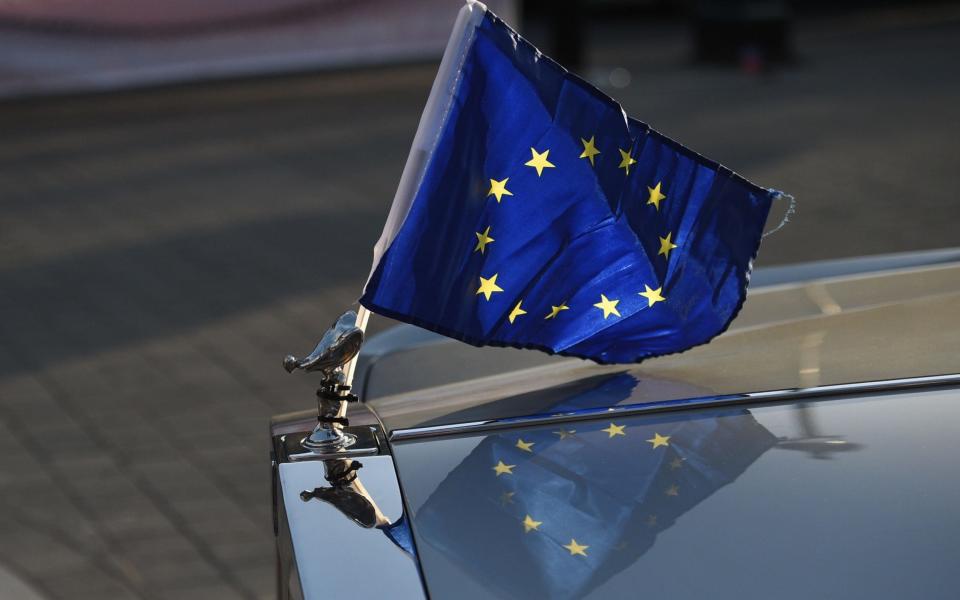EU says Google, Facebook and Twitter must do more to fight bots and fake accounts

Google, Facebook and Twitter have to do more to tackle fake news and disinformation ahead of the European Union elections next month, the European Commission has claimed.
Brussels took aim at Google and Twitter, claiming they have not yet reported progress in their aim to make controversial "issue-based advertising" more transparent in a monthly update published on Tuesday.
These reports are part of a pledge from the technology giants to tackle the spread of disinformation and avoid further regulation from the EU.
"Further technical improvements as well as sharing of methodology and data sets for fake accounts are necessary to allow third-party experts, fact-checkers and researchers to carry out independent evaluation," the commission stated.
European vice-president of the digital single market Andrus Ansip, justice commissioner Věra Jourová, security union commissioner Julian King, and digital economy commissioner Mariya Gabriel welcomed the progress made by the three US firms, but said "a lot still remains to be done".

All three companies have started labelling political advertisements on their sites ahead of the May elections.
Facebook and Twitter have made political advertisement libraries publicly accessible, while Google's library has entered a testing phase.
EU officials claimed that the code of practice has encouraged Facebook, Google and Twitter to "take further action to ensure the integrity of their services and fight against malicious bots and fake accounts".
If they are found to have not taken enough action to prevent disinformation ahead of the elections, these companies could face hefty fines in Europe.
Earlier this year, Twitter launched political ad tracking in Europe amid threats of regulatory action over fears that online disinformation would impact the EU election outcome.
Other EU officials are at loggerheads with Facebook after it banned pan-European political advertising ahead of the election. They claimed that the new ban would not allow the EU to promote itself to prospective voters.
This report comes as US president Donald Trump called for "more, and fairer" social media companies in response to discrimination he claims he faced as a Republican on Twitter.
He claimed that remarks that he was the "best thing ever to happen to Twitter" were "so true", and also accused the site of restricting his follower numbers.
"No wonder Congress wants to get involved - and they should," he wrote on Twitter.

 Yahoo Finance
Yahoo Finance 